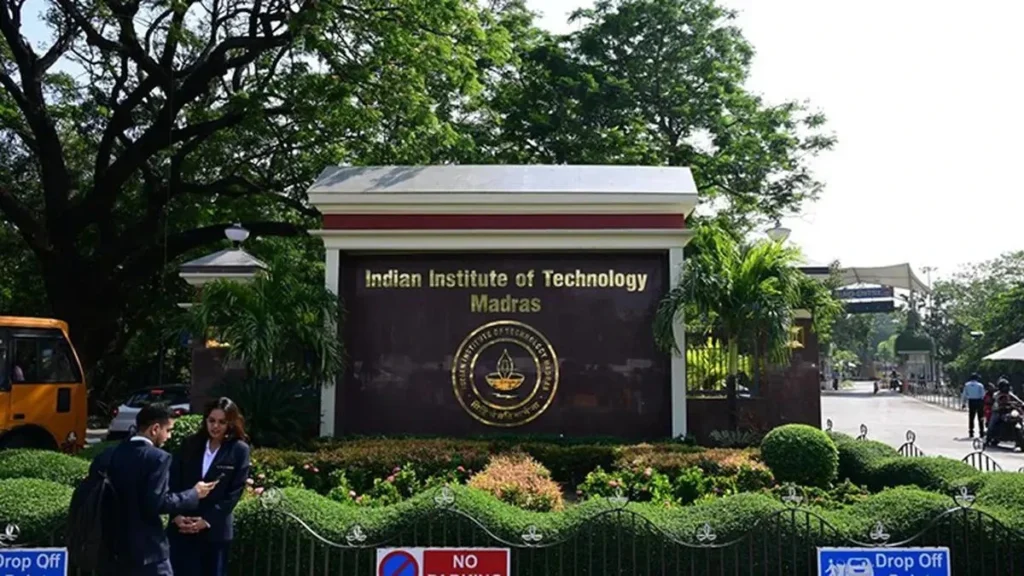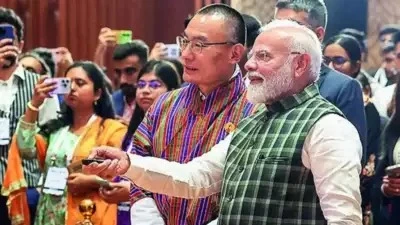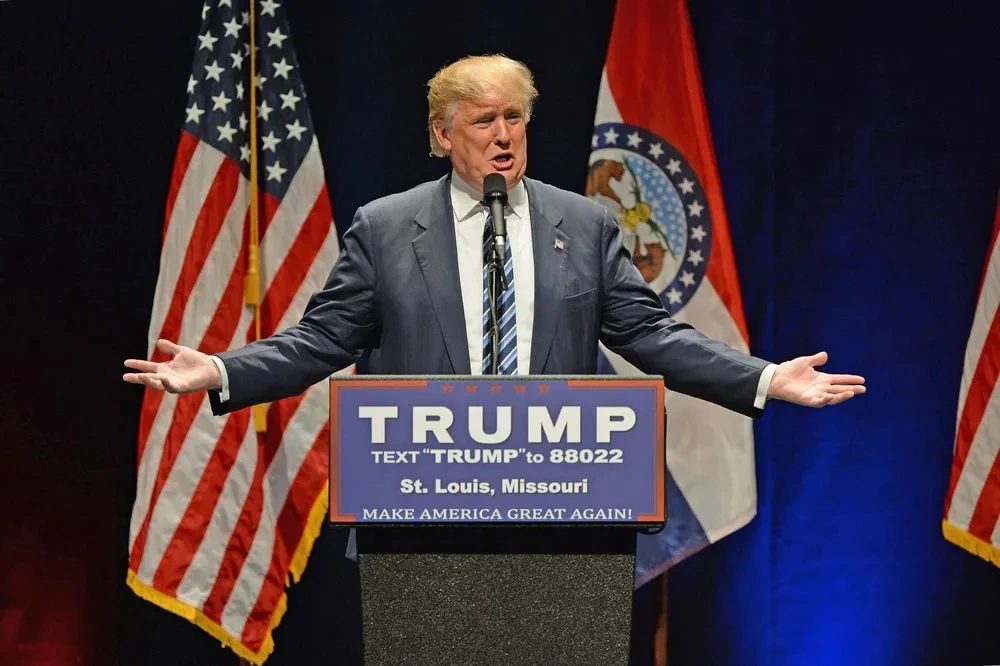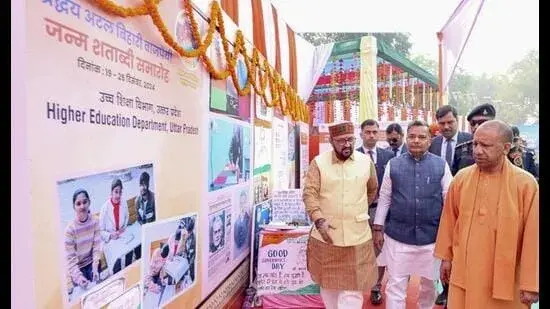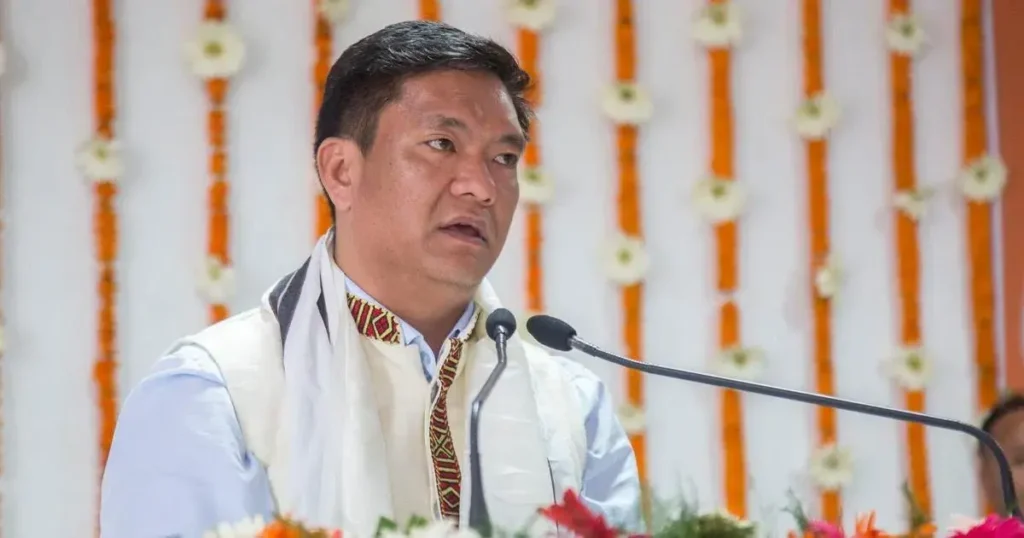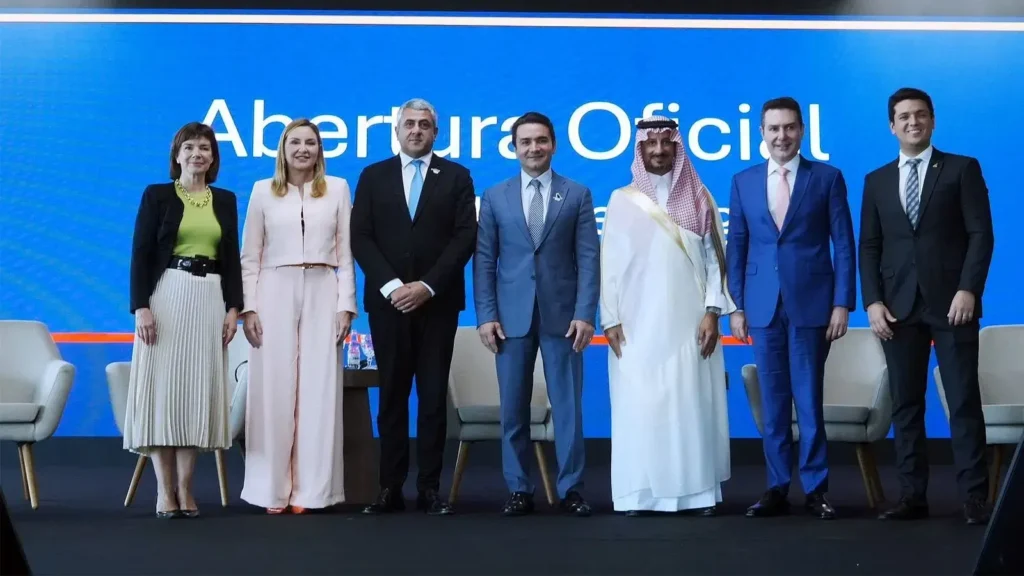Odisha University (Amendment) Act, 2024 Enters Into Force, Promising Major Higher Education Reforms
The Odisha University (Amendment) Act, 2024 officially came into effect across the state on April 12, following the assent of Governor Dr. Haribabu Kambhampati. The Act, passed in the Odisha Assembly on April 2 after thorough deliberations, marks a turning point in the state’s higher education landscape. Odisha’s Minister of Higher Education, Suryabanshi Suraj, hailed the Act as a “new dawn” for universities in the state. He highlighted its potential to address long-standing issues, ensure academic autonomy, and uplift educational standards across institutions. One of the most significant changes introduced is the decentralization of faculty recruitment. Universities will now form their own expert committees to handle hiring, moving away from reliance on the Odisha Public Service Commission (OPSC). This is expected to expedite the process and ensure subject-specific teacher appointments. The process of appointing Vice-Chancellors has also been revised. A three-member committee of renowned educationists will now oversee selections, with the eligible age extended to 70 years—enabling experienced leaders to helm academic institutions. Additionally, the Act revives the university Senate, a crucial advisory body comprising 68 members representing faculty, students, staff, and experts. Each university must hold at least two Senate meetings annually, fostering inclusive governance. To further strengthen the system, the government plans to improve the teacher-student ratio, introduce distance learning across all universities, and boost the Gross Enrollment Ratio (GER). For financial oversight, each university will establish Finance and Construction Committees. All financial activities will be audited by the Comptroller and Auditor General of India, with reports presented to the Odisha Legislative Assembly. The Odisha University (Amendment) Act, 2024 is expected to transform the educational ecosystem, making it more autonomous, efficient, and inclusive. Source: TOI


